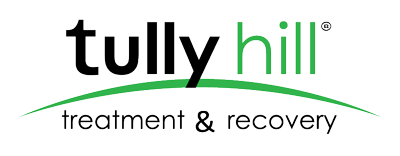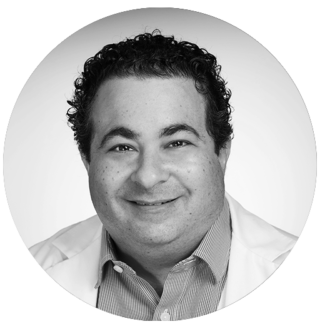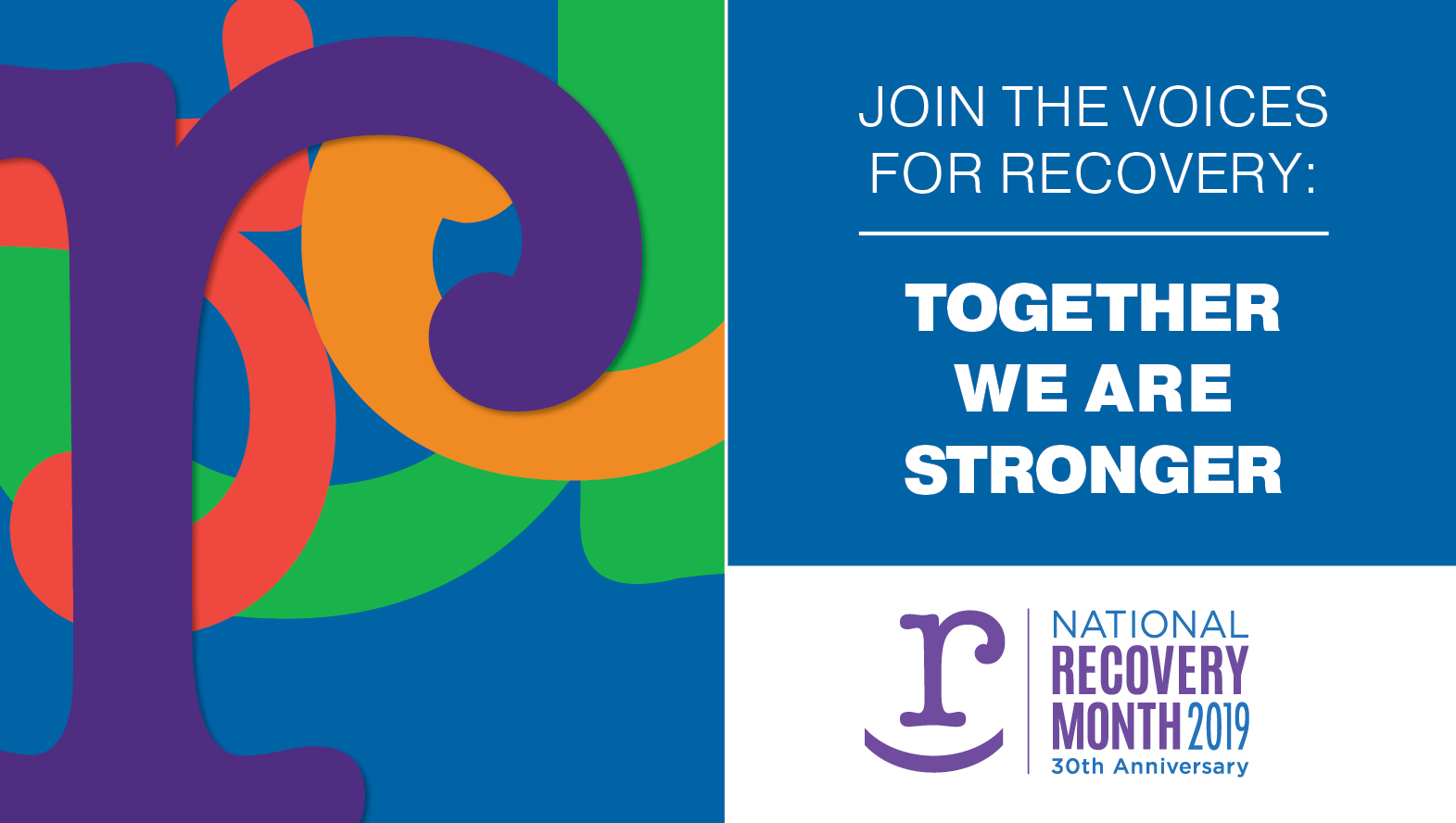September 2019 is National Recovery Month, when Tully Hill and other members of the substance use disorder (SUD) treatment and recovery community will be working “to promote and support the emergence of a strong and proud recovery community, and the dedication of service providers and community members.” The goals of National Recovery Month set forth by the Substance Abuse and Mental Health Services Administration (SAMSHA), are designed to educate Americans and emphasize that recovering from substance use disorders can and does happen.
We know the challenges we face as a community with SUDs. The facts alone speak to the widespread prevalence of SUDs among all ages of our population:
- According to the federal SAMSHA, in 2017 nearly 21 million people aged 12 or older needed treatment for an SUD, yet just four million actually received any.
- This same 2017 survey declared that 11.4 million adults misused opioids including 11.1 million who misused prescription pain relievers; that nearly 900,000 used heroin; and that there were 72,000 drug overdoses in 2017.
- Perhaps most noticeable among the SAMSHA survey data available is a more than 35% increase in the number of admissions to SUD treatment for methamphetamine from 2011 to 2016, and the fact that 2.3 million people aged 12 to 17 used alcohol for the first time in 2017 and 85% of high school seniors claimed it is ‘fairly easy or very easy to gain access to alcohol.’
Recovering from an SUD isn’t easy. The broad range of psychological, physical, and social effects inherent to most SUDs universally and drastically reduce one’s quality of life. And more often than not, people with an SUD also experience some form of mental health disorder – typically depression and/or anxiety – that must be addressed throughout SUD treatment. These co-occurring conditions enhance these effects and exacerbate the chronic illness that SUD is.
Yet recovering from an SUD is possible. Getting treatment for an SUD greatly increases one’s chances of recovering from it. Effective SUD treatment modifies attitudes and behaviors related to the SUD. It increases healthy life skills and motivates those recovering to pursue the many options essential to successful treatment, such as establishing and keeping sober family, friend, job, and community support systems. This strengthens the mental, physical, and spiritual needs anyone in recovery must realize to manage the ups and downs of recovery that are inevitable over the long-term process recovery is.
This September, know that effective treatment works and that recovery from a substance use disorder is more than possible. Millions of people who are in recovery can attest to this. They have learned to live life – enjoy life – without using alcohol or other drugs; to contribute to their own betterment and consequently to that of their families and communities; and to become dependable and stay consistent with their beliefs and values that comprise most of their time and energy.







